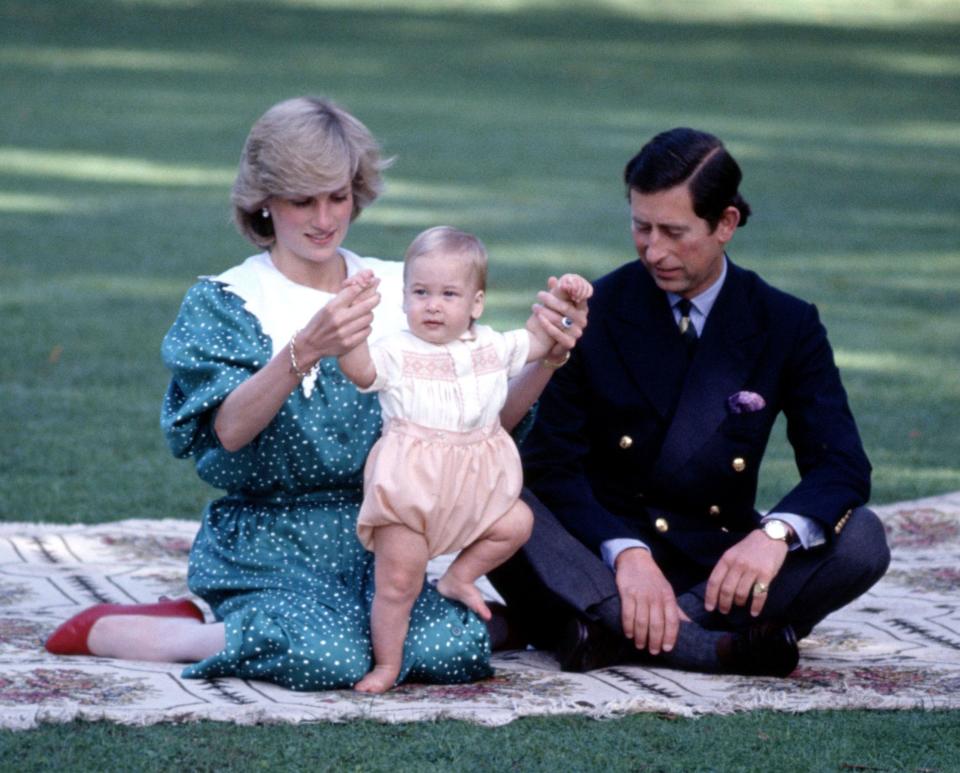Duchess of Cornwall: I barely left the house for a year because of hostility over my affair with Charles

The Duchess of Cornwall has admitted that she barely left the house for a year because of public hostility after it emerged she was having an affair with Prince Charles.
In an wide-ranging interview ahead of her 70th birthday the duchess spoke for the first time about her life with the Prince of Wales and the struggle to rehabilitate her reputation after their relationship was made public.
Although rumours of an affair had been rife throughout Prince Charles' first marriage to Diana, Princess of Wales, it was not until the publication of Andrew Morton' expose Diana, Her True Story in 1992 that the relationship was confirmed.

British Prime Minister John Major announced the separation of Prince Charles and Princess Diana in December 1992 but the following year details of an intimate telephone conversation between Camilla and Prince Charles emerged, dating from 1989.
Speaking of the period, the Duchess told the Mail on Sunday's You magazine, "I couldn't really go anywhere. It was horrid. It was deeply unpleasant time and I wouldn't put my worst enemy through it."
The Duchess said she could not have survived without the support of her children Tom and Laura, from her first marriage to Andrew Parker-Bowles, her sister Annabel and her late brother Mark Shand who died after a fall in New York in 2014.
She said she used the time to read books and paint while her children used to make a daily count of paparazzi photographers hiding in the bushes of her garden using binoculars that she kept in her bathroom.
Son Tom Parker Bowles said: "The paparazzi used to follow us everywhere and lurk around like spooks.

"We used to keep binoculars in my mother's bathroom and one of us would look out every morning to see how many paparazzi were hiding in the bushes. We could tell by the flash of sun on their camera lenses. At the peak there would be half a dozen hiding outside. It seemed entirely normal."
In interviews with Jonathan Dimbleby in 1994, the Prince of Wales admitted that his marriage to Princess Diana had broken down 'irretrievably' in 1986, and announced that 'Mrs Parker Bowles' was 'a great friend.'
The following year Camilla announced she was divorcing her husband, and in 1996 Prince Charles and Princess Diana divorced, at which point the Prince of Wales described his relationship with Camilla as 'non-negotiable.' The pair married in 2005.
Speaking of her royal duties The Duchess of Cornwall claimed that her happy childhood and good sense of humour helped her get through her exhausting schedule, which involves around 200 public engagements each year.
"Sometimes you get up in the morning and you think you can't do it, and you just have to," she said. "The minute you stop it's like a balloon, you run out of puff. You sort of collapse in a heap. I think you live on adrenaline.
"If you are a positive person you can do so much more. People are either glass half-empty or glass half-full. You just have to get on with it. Being British.
"I think you have to be (strong), but I think it also comes from my upbringing. We were brought up in a very happy family and I can't whinge about my childhood because it was idyllic.
"You've got to laugh through most things," she added. "There are situations where it's very difficult not to lose it completely, especially if something goes terrible wrong."
But she claimed her inherent curiosity about people allows her to enjoy the job.
"I genuinely like people and I'm so curious about them," she said. "Other people's lives are so much more interesting than one's own. It's like going to a dinner where I almost feel like I'm a psychiatrist.
"When I sit down with my team before an engagement, sometimes they are horrified as I say I don't want to read the biographical brief because I prefer to prise information out of people. It becomes like a game. The stories that come out, I could write a book a bout."

 Yahoo News
Yahoo News 
